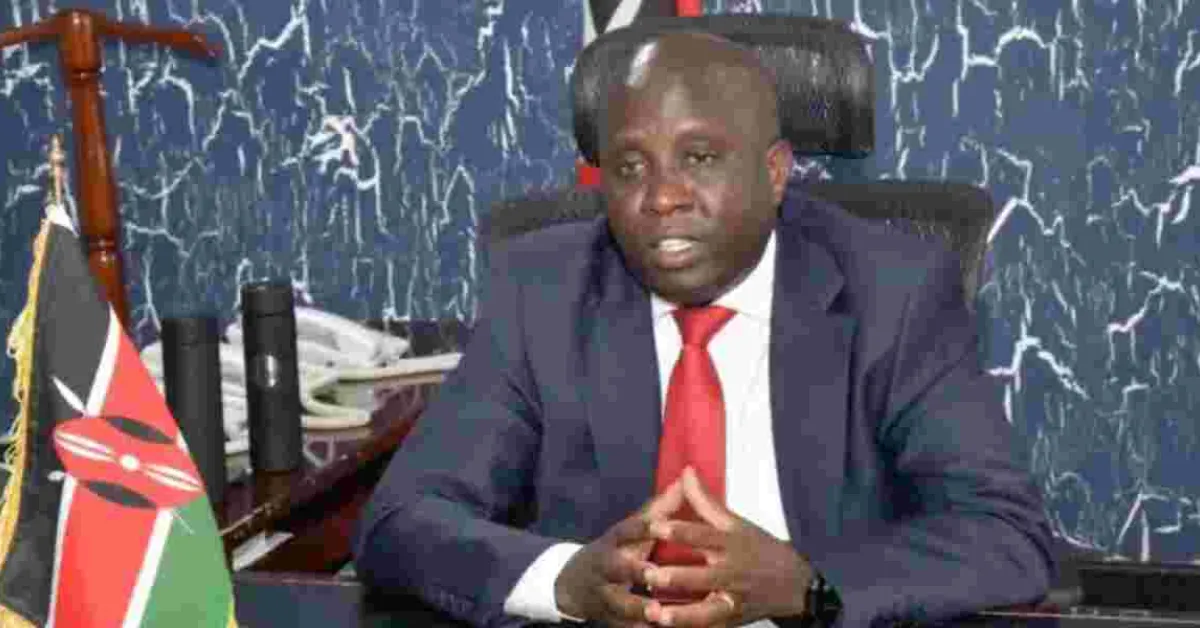Kenya's Phone Assembly Hits 2M Mark, Says PS Tanui

The Ministry of Information and Communications Technology has announced that over two million smartphones have been asse,bled in Kenya.
ICT Principal Secretary John Tanui revealed that this initiative, spearheaded by telecommunications provider Safaricom and other technology companies, aims to enhance accessibility to affordable digital devices across the nation. The government's commitment to expanding local manufacturing capabilities remains strong, with efforts focused on attracting additional digital technology manufacturers to establish production facilities in Kenya. This strategic approach seeks to address the ongoing challenge of high device costs that currently impede many Kenyans from accessing digital technology.
The initiative coincides with the launch of Jitume Digital hubs at two Technical Vocational Education and Training institutes in Uasin Gishu: the Rift Valley Technical Training Institute and Kipkabus TVET. These digital hubs serve as vital resources for youth engagement in the digital economy thus providing essential workspace and internet connectivity. Young entrepreneurs have already begun capitalizing on these opportunities, engaging in various digital endeavors including website design, transcription, content creation, and foreign exchange trading.
To support these initiatives, the government has undertaken an ambitious infrastructure project, laying 100 kilometers of fiber optic cables to ensure high-speed internet connectivity across all wards. The ministry's comprehensive approach includes the establishment of more than 250 digital centers nationwide. These facilities, supported by the National Government Constituency Development Fund (NG-CDF), are being equipped with computers and internet access to facilitate digital skill development and job creation. The initiative has already shown promising results, with several young people successfully transitioning their digital skills into sustainable businesses.
The digital transformation has particularly energized the creative sector, where young entrepreneurs are establishing companies focused on website development, software creation, and various digital services. Social media platforms, particularly Facebook, have emerged as revenue generators for content creators also highlighting the expanding opportunities within the digital economy. Ainabkoi MP Samuel Chepkong'a has advocated for increased computer supplies to these digital hubs to further encourage youth participation in online opportunities, noting that many young Kenyans are already earning foreign currency through digital work.
This digital initiative aligns with Kenya's broader vision of developing a knowledge-based economy.














Add new comment